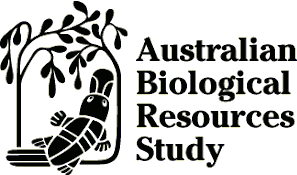Australian Tropical Rainforest Plants - Online edition
Brachychiton compactus Guymer
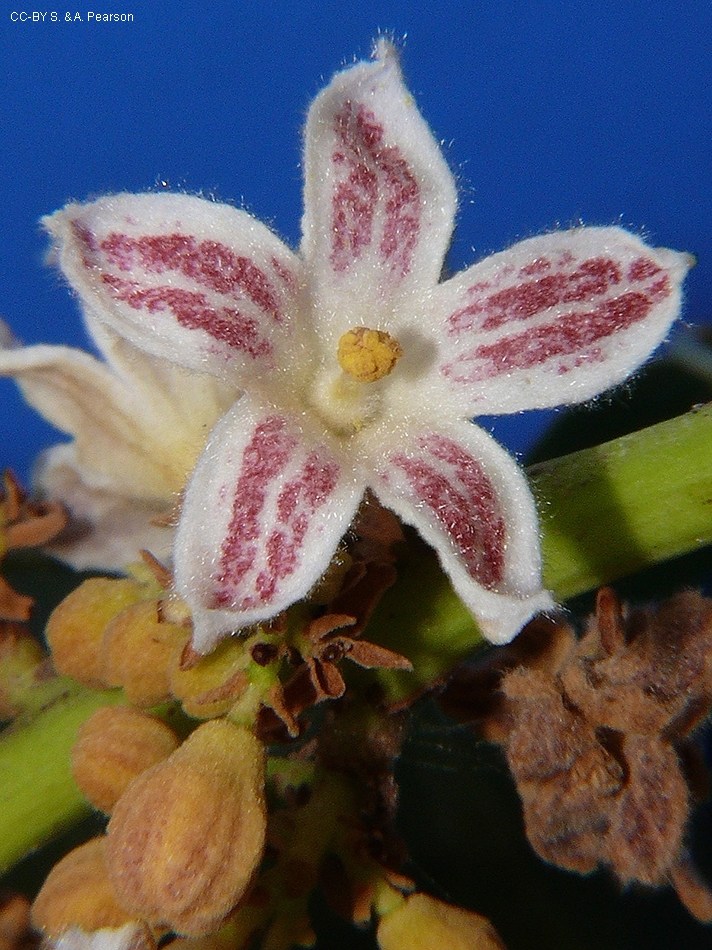

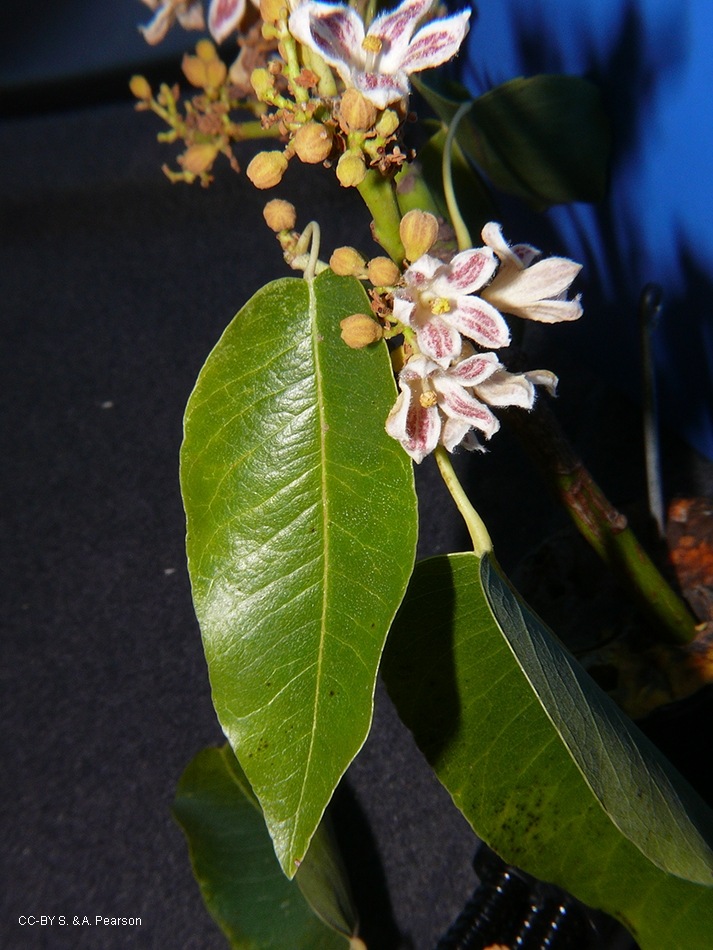

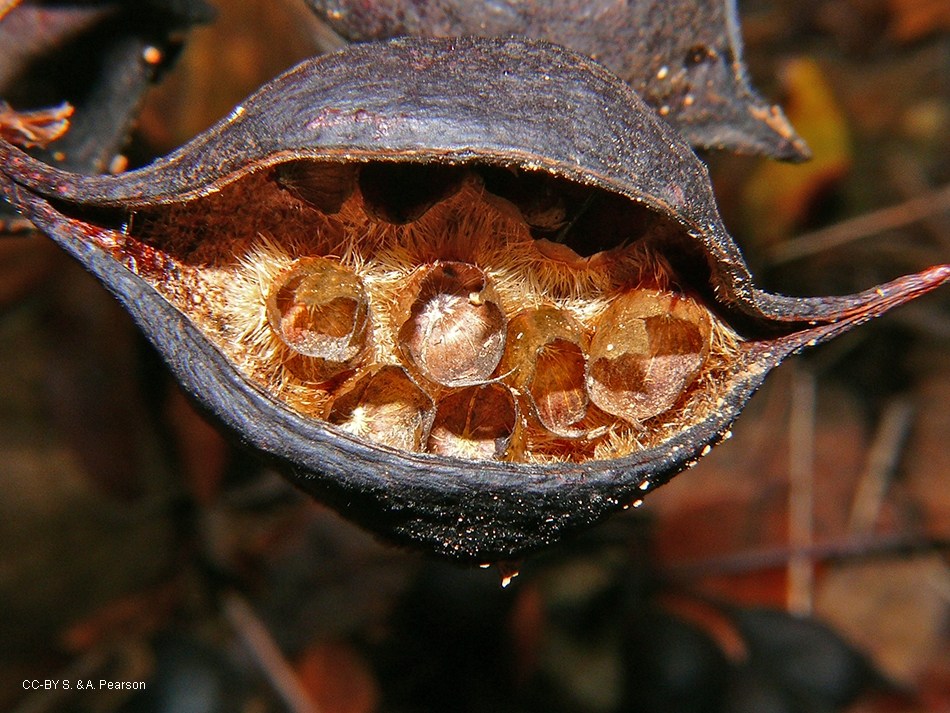
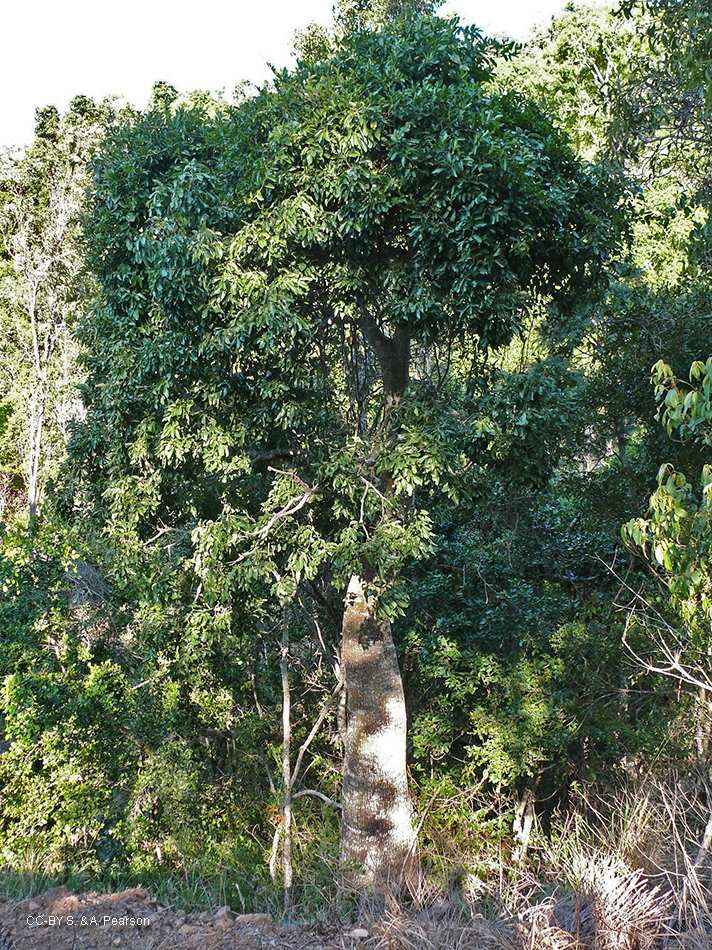
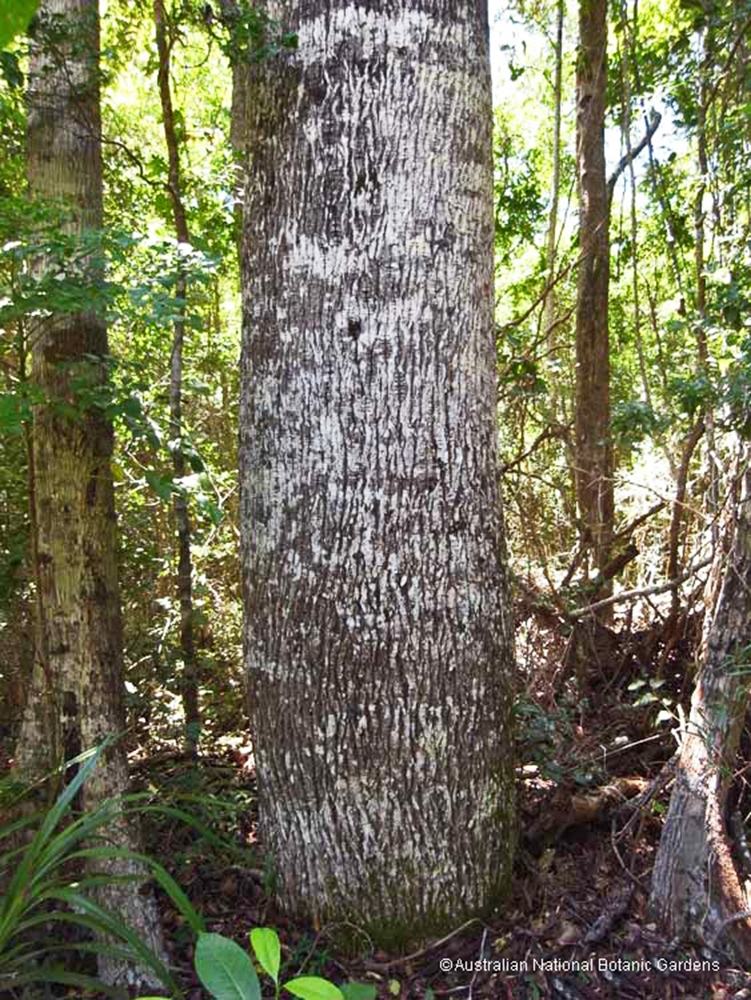


Guymer, G.P. (1989), A Taxonomic Revision of Brachychiton (Sterculiaceae). Australian Systematic Botany 1(3): 240. Type: 23.4 km NNW of Proserpine P.O., 3 km W of Mount Dryander, North Kennedy District, Queensland, 28 Oct. 1977, G.P. Guymer 1248 (holotypus BRI; isotypi AD, BRI, CANB, DNA, JCT, K, L, LAE, MEL, NE, NSW, PERTH, QRS)
Trees 4-15 m tall, semi-deciduous. Bark dark grey, fissured and tessellated on trunk.
Leaves simple and alternate. Stipules caducous, oblong-lanceolate, about 5-6 mm long, covered with short stellate hairs. Petioles terete, about 2-7 cm long. Mature leaf blades about 6-12 cm long, 2.5-5.5 cm wide, ovate to ovate-lanceolate, penniveined, margin often shallowly crenulate. Penniveined, reticulate veins more or less flush to slightly raised above and below leaf blade. Juvenile leaf blades, ± digitately compound, digitately lobed or linear; digitate lobes 3-9, linear to lanceolate, ovate-lanceolate, 6-13 cm long, 1-3.2 cm wide, petioles 4.5-13 cm long; linear leaf blades up to 16 cm long, 1 cm wide, petioles short up to 1.2 cm long. Leaf blade shiny above, paler below.
Inflorescence axillary, crowded, paniculate, 30-80 flowered. Monoecious, flowers unisexual. Perianth pale brown to white outside, white inside with pink to red markings along each perianth lobe. Perianth 5 lobed, about 5-8 mm long, 14-17 mm diam., stellate hairy on the outer and inner surfaces. Floral nectaries absent. Male flowers: anthers, at least 15 borne on a stalk or staminal column, anthers yellow, to about 1.4 mm long; remnant ovary or carpelodes surrounded by anthers at apex of column. Female flowers: staminodes 15-16 to 0.75 mm long at base of ovary. Ovary: 5 free carpels, clothed in stellate hairs, to about 2 mm long. Styles about 1.5-2 mm long, stigmas about 2 mm long.
Features not available. See comments on juvenile leaves above.
Endemic to Australia, occurs in a very restricted distribution in CEQ around Mt Dryander, Airlie Beach and the Whitsunday Islands. Altitudinal range from near sea level to 100 m. Usually grows in semi-evergreen notophyll-microphyll vine thickets or low vine forests on steep lower slopes with frequent rocks.
Distinguished from Brachychiton rupestris by its ovate-lanceolate leaves, shorter, compact, 30-80 flowered inflorescences, and longer ellipsoid follicles (3-4 cm long) with erect or slightly incurved apices.
1200




